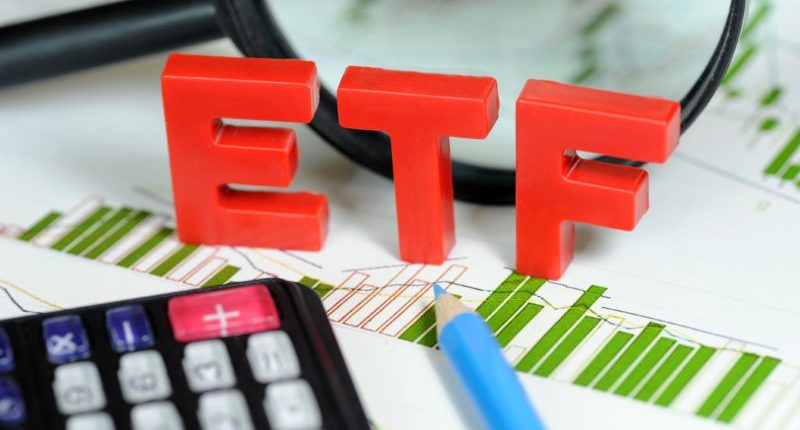Gold, a traditional investment and a hedge against inflation have seen a dream run. It has breached the Rs 50,000 mark and given returns over 25%, so far this year. The COVID-19 crisis, falling interest rates and the US-China trade war have led to this rise. However, equity funds are a strong competitor with impressive returns in the last few years. The ease of investment, combined with tax-efficiency, has posed an interesting question. Should you be buying equity funds or gold?
Gold with a compounded annualised growth rate of more than 9% over ten years, exceeded the return of the BSE Sensex and Nifty 50 in this period. You may feel it has a strong point for a better investment. It’s wise to invest across asset classes based on your risk tolerance and time horizon. Look at an investment in both gold and equity funds to meet your financial goals. It’s much like a choice between fruits and vegetables which you need for a healthy diet.
Gold and equity share an inverse relationship. You can expect gold prices to rise when stock markets crash. The wealth managers advise a holding of around 10% in gold in your portfolio. Invest in Gold ETFs instead of gold coins and jewellery. It represents physical gold in the dematerialised or paper form and comes without the concerns of purity and storage.
Gold and equity funds serve different purposes. Define the financial goals before choosing the investment vehicle. Gold is a safe investment when inflation remains high. You get stable returns, and it should form a small part of the portfolio. On the other hand, equity funds have a moderate to high risk. It remains a wealth creator in the long run.
Also Read: 4 loans you can opt for to battle financial stress during COVID-19
You may lose money in equity funds rather than the gold investment. It is because of the wrong approach and the tendency to treat the assets differently. You would invest in gold at a low price and hold on till the value rises. However, you may invest in the equity fund when the valuations are high. You sell the fund in panic when markets correct, rather than waiting for a recovery. It is a case of not following the basics and selling equity funds at a lower rate.
It’s wise to invest in equity funds through systematic investment plans or SIPs. It is a tool where you stagger investments over a period, in an equity mutual fund scheme. Mutual fund advisors recommend the SIP over a lump sum to avoid timing the market. It fetches more mutual fund units when the markets are low and lesser units when it is high. It averages the cost of purchase and maximises your returns. SIP helps you achieve the financial goals of buying a dream car or retiring at a young age.
An investment in equity funds is subject to market risk. It is extremely volatile in the short term. Gold plays a vital role in protecting the portfolio against the shocks of inflation. You must invest in both equity funds and gold to meet your financial goals.
For any clarifications/feedback on the topic, please contact the writer at cleyon.dsouza@cleartax.in

I write to make complicated financial topics, simple. Writing is my passion and I believe if you find the right words, it’s simple.





